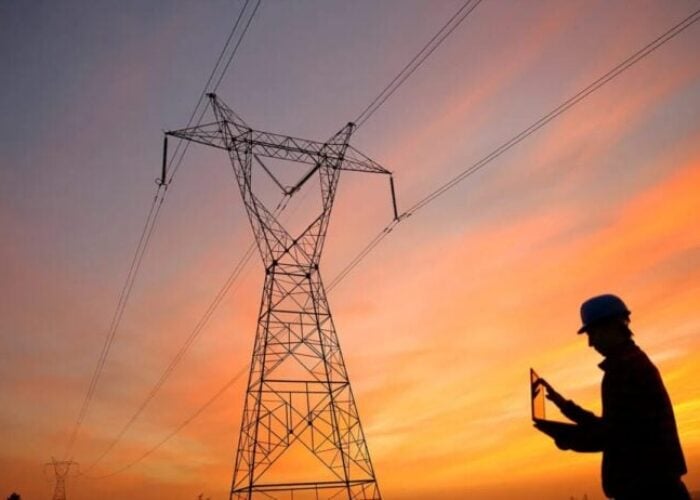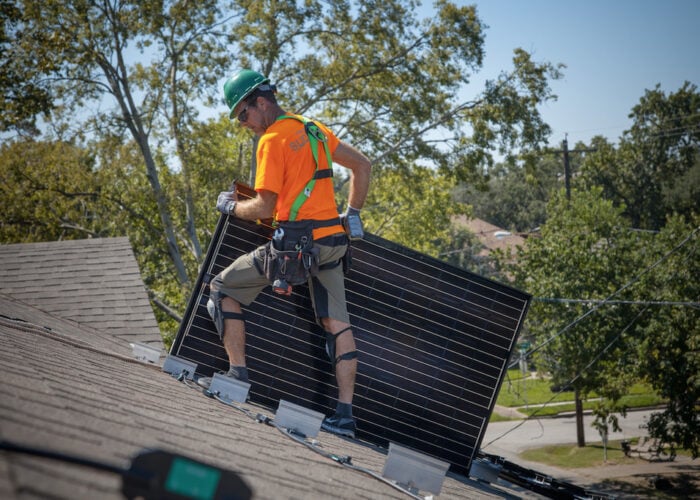Solar and wind energy could now be the cheapest sources of energy supply in the United Arab Emirates (UAE), according to a new report.
The report, ‘Renewable Energy Prospects: United Arab Emirates report’, found that the UAE could achieve a 10% share of renewable energy in its total energy supply and a 25% share of renewables in the power sector by 2030. This would result in energy system savings of US$1.9 billion (AES 7 billion) annually also by 2030.
Unlock unlimited access for 12 whole months of distinctive global analysis
Photovoltaics International is now included.
- Regular insight and analysis of the industry’s biggest developments
- In-depth interviews with the industry’s leading figures
- Unlimited digital access to the PV Tech Power journal catalogue
- Unlimited digital access to the Photovoltaics International journal catalogue
- Access to more than 1,000 technical papers
- Discounts on Solar Media’s portfolio of events, in-person and virtual
The report was released today by the International Renewable Energy Agency, the UAE Ministry of Foreign Affairs and Masdar Institute of Science and Technology.
It cites sharp declines in renewable energy costs in the region, including an 80% drop in solar PV costs since 2008.
Meanwhile the cost of natural gas has risen due to domestic production declining and the UAE turning to more expensive imported sources.
Natural gas prices rose from under US$2.5/MMBtu in 2010 to US$6-8/MMBtu for domestic production and US$10-18/MMBtu for imports today. This was even after the recent decline of oil and LNG prices.
The report estimates that solar, wind, and waste-to-energy technologies are preferable for power generation when the cost of new gas is above US$8/MMBtu.
The report added that solar costs are expected to decrease further. In January, PV Tech reported that officials in Dubai doubled the size of a proposed PV plant to 200MW, after receiving what was thought to be the lowest ever solar bid price worldwide for its construction.
The tender for the second phase of Mohammed bin Rashid Solar Park in Dubai was awarded for under six cents per kilowatt hour for a 25-year fixed contract.
The IRENA report also said that solar and wind technologies are still hampered by intermittency, which will require natural gas to fill gaps in output. However, the savings from generating solar power during the daytime, instead of consuming gas, are enough to justify 17,500MW of PV in the UAE by 2030, up from around 40MW today.
Dr. Fred Moavenzadeh, president of Masdar Institute, said: “This report is an eye-opener. It provides policymakers and investors with an objective cost baseline, making the clear case that renewables, and especially solar, will have a much larger role sooner than we ever expected in the UAE and Middle East.”







